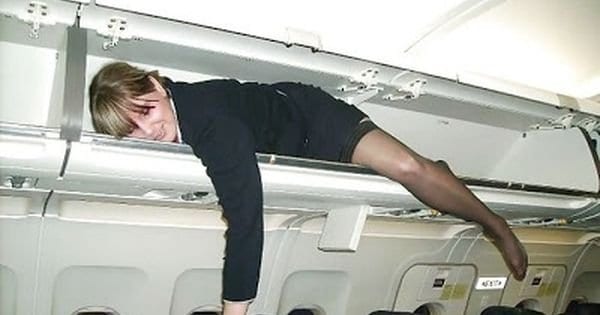Why did Warren Buffett do a complete about-face on the airline stocks and sell them at prices significantly below where he had been accumulating them just a few weeks before the pandemic? It’s obviously not because he panicked. Panic isn’t even in the Oracle’s repertoire. It might be because the world had so significantly changed that the classical recession playbook – buying assets in distress and being patient – was no longer valid.
My friend Vitaliy Katsenelson wrote about Bobby Fischer’s invention of random chess – leaving the pawns in place at the start of a match but completely shuffling the pieces in the back row. There are 960 starting variations for your army in this version of the game, which means there is no way to have any grasp of what the opening five or ten moves will (or can) be. Vitaliy equates this particular recessionary environment to a randomized chess board – leaving those relying on classical and textbook opening sequences in the dust.
Here’s an example of how differently things may play out from recessions of the past:
I visited Russia in 2008 for the first time since leaving it in 1991, and I discovered something interesting: When people talk, the distance they maintain between each other is much shorter than in the US. Americans keep at least two or three feet between them. Russians are comfortable with one foot. I (being Americanized at this point) found myself slightly uncomfortable being in such close proximity to friends I talked to, and I kept stepping back. It did not take me long to realize why social distance in conversation is different in Russia. Despite Russia’s enormous size, public transportation is always packed, elevators are tiny, and apartments are cramped. This built environment has shaped how people interact socially.
Will this pandemic permanently reshape distancing requirements for us – will two feet turn into four or six feet? Over the last few decades the airlines, trying to lower their costs, increased the number of seats on planes and thus shrank the distance between passengers. Will they have to rewind the clock and make seating more spacious again? If they do, ticket prices will have to go up, and may go up a lot, since airlines’ operating costs will not decline; they will only go up. Higher ticket prices may reshape air travel. Flying may turn into a luxury item again. You’ll have fewer planes flying. Businesses may substitute Zoom calls for travel. You’ll need fewer planes and fewer hotel rooms. Thus, if you are in the business of making flying buses (planes), your industry might go from 4-5% forever growth – this was the expectation as people in emerging markets became wealthier and started traveling – into a glacial decline.
Josh here – five months ago, it would have been hard to envision the air travel experience backing away from the “more capacity” chase of the last few decades back into a 1960’s Jet Set era of luxury. Once upon a time, people flew rarely, and when they did, they got dressed up for it. It cost a lot, the food was a big part of the experience, and even the lifestyle of the stewards and stewardesses was coveted. Air travel was more akin to a cruise line experience than the utility we know it as today.
It’s hard to imagine work-related travel bouncing back to 2019 levels in the near future. Not just because people are worried about getting infected, but because the pandemic period has shone a light on a line-item expense that is probably unjustifiable. If we can school children on Zoom, why can’t we agree to a supply contract for plastic knives and forks? I love going out to speak at conferences and eating lunch with clients all over the country – but it’s not like I’m going to sit around doing nothing in the absence of it. Are you?
How many business trips of the future have been canceled in advance of their own existence, like Marty McFly fading away in family photos from the future when it looks as though his teenaged parents may not end up falling in love? How many family vacations just became driving excursions? I don’t think we can know, but if I had to guess, I would say less flights, higher prices, less business travel, more drivable family vacations. And the space requirements – I already never want to go back to how things were. I like the increased distance and personal space with only a few exceptions (I miss concerts and baseball games).
A friend of mine who works for a major global investment bank in Manhattan was saying “What if it’s the other way around – what if every business leasing an office actually takes more space given the new distancing requirements? That would actually be bullish for commercial real estate!” I patted him on the head, like a child. No sweetheart. That’s not what corporations are going to do. Get comfortable working at home, my little lamb.
Oh, and “What about a vaccine? What about a treatment?”
Yes, these will bring economic activity and travel back. But all of it? To the previous levels? And how much more accustomed will we all get to working / shopping / living remotely between now and then?
Source:

Leave a Reply